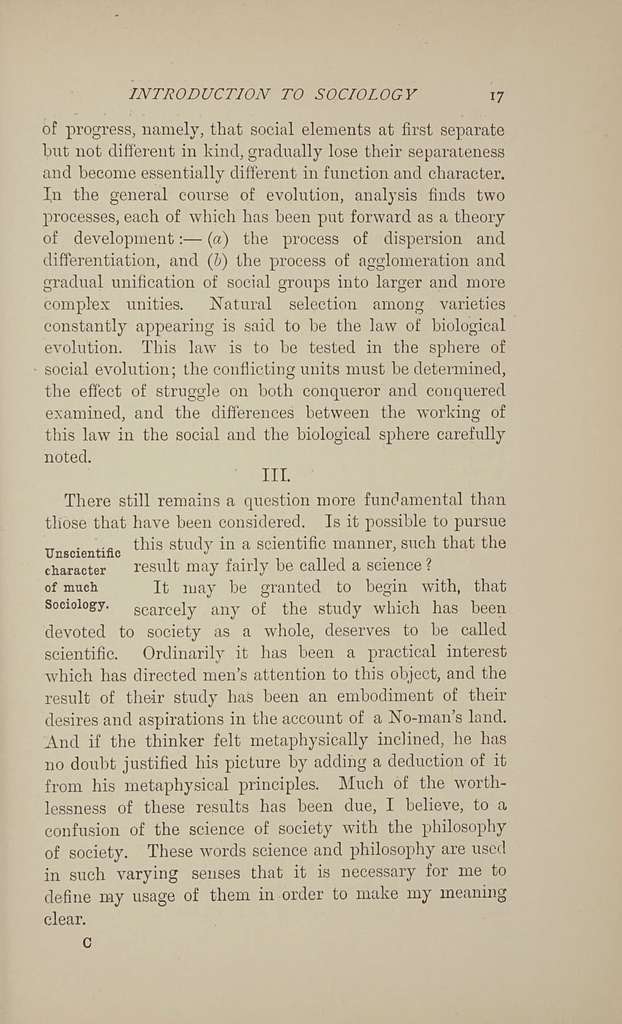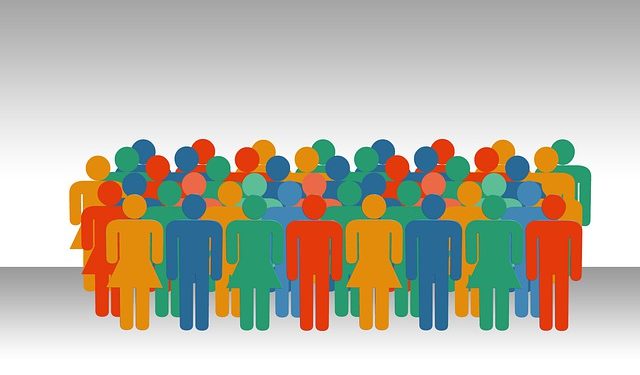Imagine an invisible thread weaving through every facet of human life, subtly influencing our thoughts, behaviors, and interactions. This is the mysterious yet ubiquitous force we call society. But what exactly does this mean? What’s behind our shared values, norms, institutions and the intricate web of relationships that govern us? Welcome, curious minds, to the fascinating world of sociology – the scientific study of society and human behavior. In this comprehensive exploration, we’ll dive into pivotal concepts, ideas and complex issues, breaking down the walls of this academic discipline to help you understand the world in a profoundly new light. Get ready to delve into the layers of culture, social change, and diversity—the unseen foundations of our shared reality. Welcome to an accessible exploration of sociology! Unraveling Society’s Fabric: Common Sociological Theories
Sociological theories act pivotal in interpreting society’s complex tapestry. The first perspective, Functionalism, views society as an interrelated system where each part contributes towards societal balance. Conflicts are disruptive but often herald social reforms, as the Conflict theory suggests. The third, Symbolic Interactionism, examines how individuals use symbols to navigate and interpret their social world. Lastly, the Social Constructionism explores how the realities of societies are built over time through human interaction.
Theories like Feminist Theory, Critical Race Theory, Queer Theory, and Postmodernist Theory, focus on marginalized or less visible social groups and their experiences. Feminist Theory scrutinizes how gender-related struggles shape social structures, while Critical Race Theory aims to unearth racial prejudice embedded within societal norms. Queer and Postmodernist Theories dissect societal rules and conventions, offering alternate perspectives on normative ideas.
The Micro to Macro Lens: Levels of Sociological Analysis
Levels of Sociological Analysis help us understand how individual behavior influences and is influenced by larger social structures. Micro-level sociology, looks at small-scale interactions, exploring how these encounters shape the broader social realities. It centers around key concepts like roles, norms, and social interaction.
On the other hand, Macro-level sociology studies large-scale phenomena, from societal structures like governments and global economies, to broad social patterns and historical changes. It looks into factors like population growth, migration, technological change, and changes in social structures. Often, sociologists adopt a Mesosociology approach, which encapsulates both micro and macro levels, enabling richer, multi-faceted analyses.
Shaping Our World: Major Social Institutions and their Role
Handing down of cultural values, traditions, and norms is a result of Major Social Institutions. These include family – the primary social institution, educating an individual about society’s expectations and rules. Education, another important institution, is responsible for formal learning and socialization. The legal system makes laws and imposes sanctions - an essential mechanism to maintain social order.
Other institutions, including the government, economy, religion, and the media, occupy crucial roles in shaping public opinion, policy formulation, and governance. Healthcare, science, and the military are additional societal scaffolds that mold our collective life in ways we might not even realize.
The Sociological Imagination: How Societal Issues Impact the Individual
The concept of Sociological Imagination allows us to comprehend the interplay between individual experiences and societal phenomena. Here, personal troubles such as unemployment are seen not as isolated incidents, but woven into vast societal and historical processes, such as economic restructuring.
This tool helps to understand the wider social forces shaping both our personal lives and the larger historical scene. It drives home the fact that we are not isolated entities but part of an extensive social fabric, touched and transformed by its undulating patterns.
In navigating the complex paths of the human society, we should always carry the torch of sociology to illuminate the unseen. Understanding society is not solely an academic endeavor but a continuous process that helps us perceive our world with more empathy and wisdom. As we wrap up this introduction to sociology, let’s remember that its key concepts and issues are not merely chapters in a book but living realities around us. So when you step out into the vast jungle of human interactions and experiences each day, keep your sociologist’s hat on. Observe, question, understand, and contribute. Remember, you are both the subject and the scholar of this fascinating study called life. With the strategies, issues, and concepts of sociology in your bag, every conversation becomes a chance to learn and grow, every social event a laboratory for exploration. Happy sociologizing!






